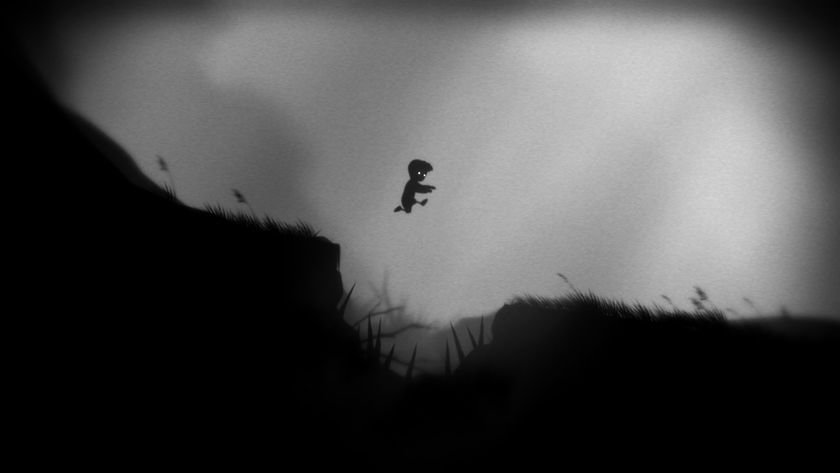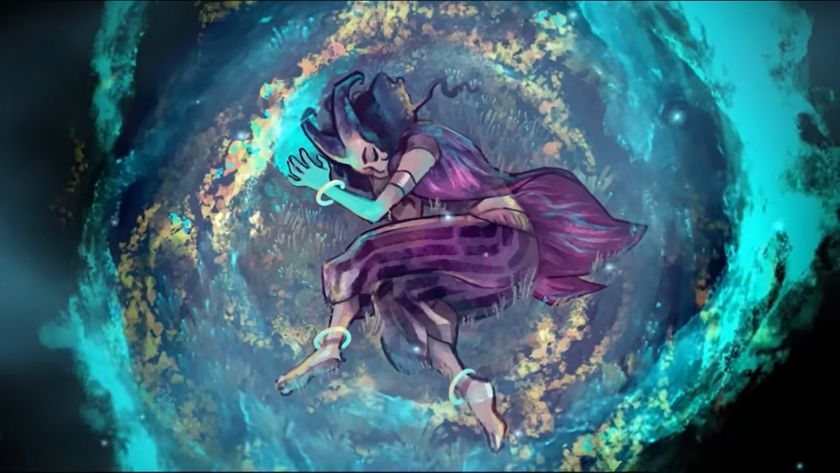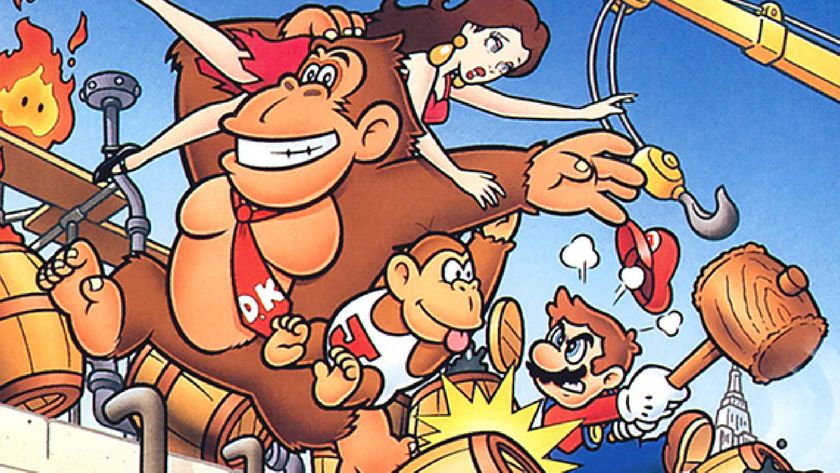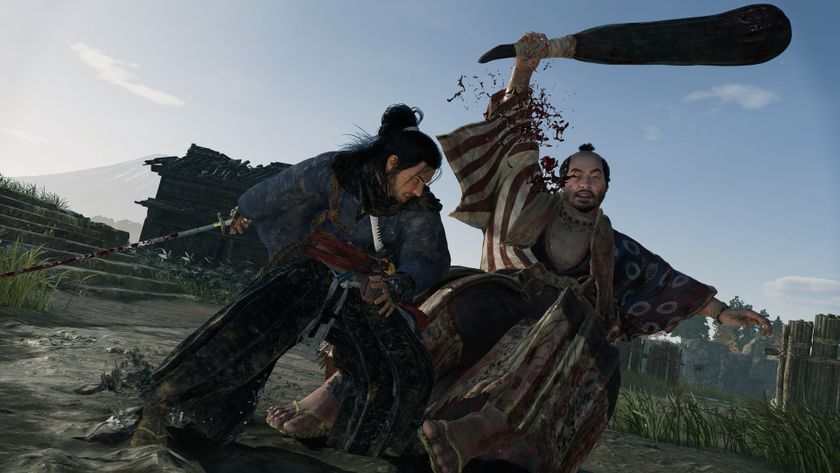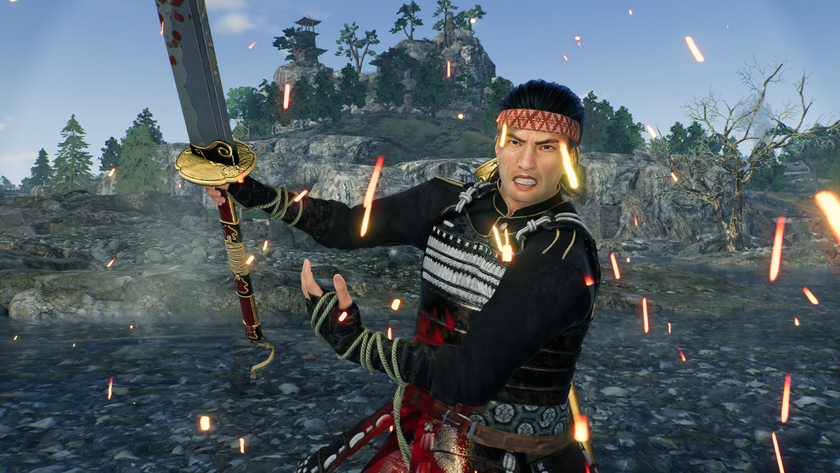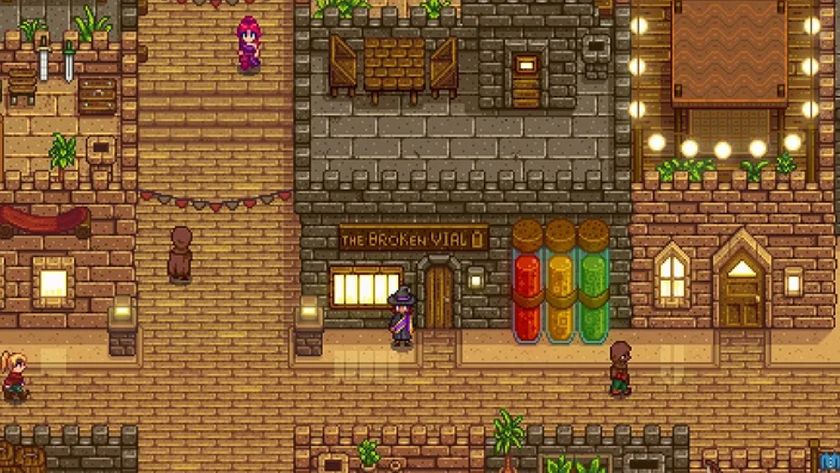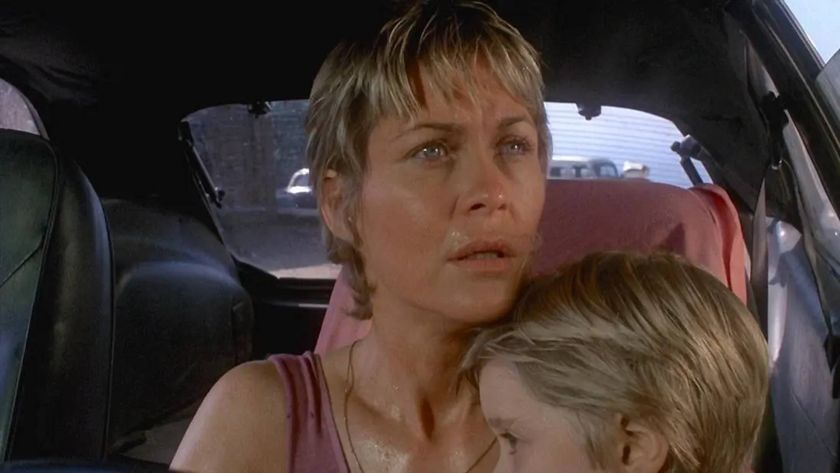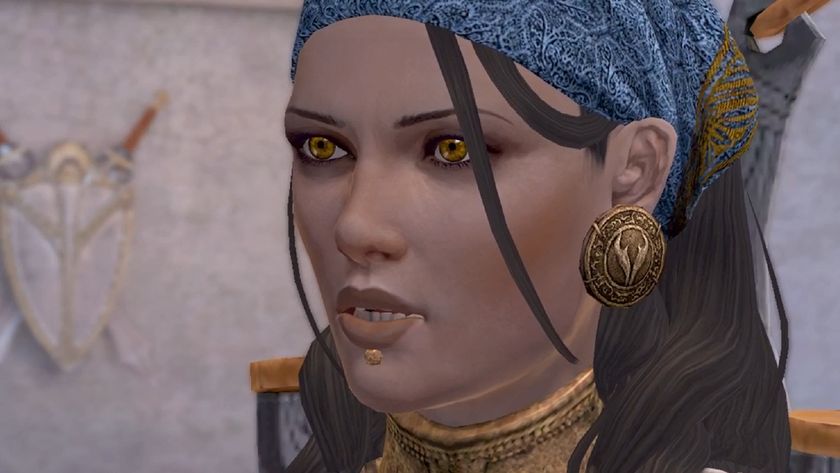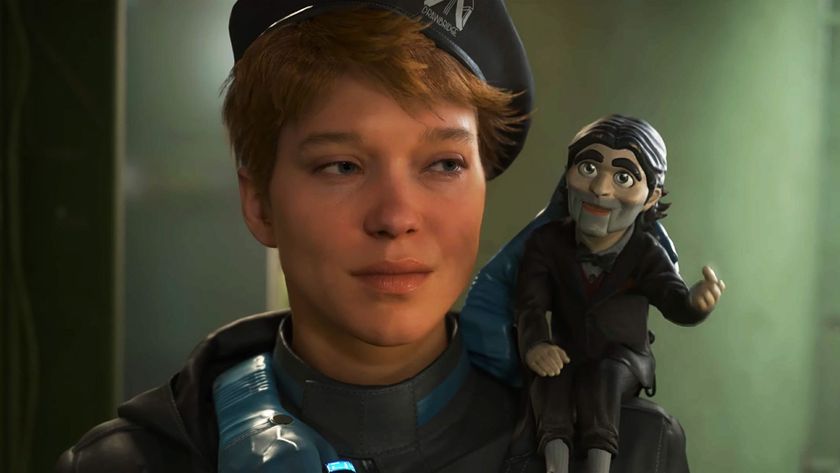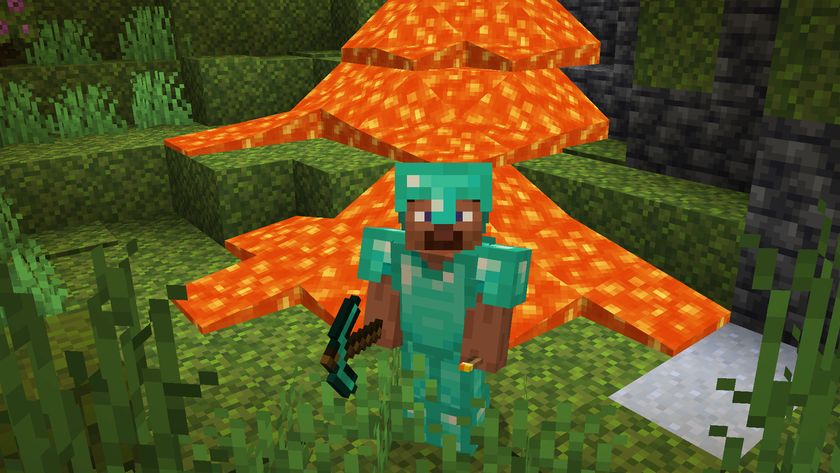Australian games are putting diversity in the spotlight
Because representation matters.

In the past 18 months, two highly successful Australian games have made a conscious effort to make a person of colour (or people of colour) their protagonist. Ticket to Earth (March 2017) and Florence (February 2018) have both collected their share of awards, and have done so while actively trying to diversify the stories we see depicted in media. Last year, at PAX Australia 2017, I spoke with Nick Hagger at Robot Circus about his hopes for Ticket to Earth; this week, I had a similar conversation with Ken Wong at Mountains, and his team’s approach to diversity and representation in Florence.
When I spoke with Nick, he made it clear that the point of working for an independent studio is the ‘freedom to make your own choices’. He hoped that his decision to make Rose—a queer woman of colour—the protagonist of Ticket to Earth would encourage other independent developers to similarly ‘recognise the diversity of the people who support [them] directly’ and represent it in their games. Ken’s intentions were similar: ‘Australian society is richly multicultural, and it’s one of the strengths of our country. Casting our leads as non-caucasians celebrates the diverse backgrounds of Australians.’ For both Nick and Ken, representing people of colour front-and-centre in their games was about holding a mirror to the Australia that they could see, rather than the misconception that Australia is a ‘white’ country.
Deviating from the ‘white’ narrative that we see all the time in games and wider media means Ticket to Earth and Florence both have the opportunity to celebrate and explore unique stories. Ken found it tricky to figure out how best to demonstrate the diversity within the identities Florence represents, but managed to avoid perpetuating stereotypes by taking the advice of Constance Wu and ‘honouring the specificity’ of the lived experience. To do this, Ken and the Mountains team spoke with East Asian and South Asian friends and family members, and asked ‘how their cultural backgrounds affected them—from family dynamics to dating habits to their household objects’. This simple action shows the importance of consultation when representing diversity, and using the knowledge gained to add authenticity to the portrayal of different identities within a game.
Specifically, Ken mentioned that it was important to him that Florence speaks with her mother in Cantonese. ‘It’s something I’ve seen in many of my friends who are “third culture kids”,’ he said. ‘Who have grown up in a culture different to that of their parents.’ And putting in this effort has led to a wonderful response. ‘We’ve had so many East Asian women and South Asian men write in and say how much it meant to them to see main characters who looked like them and faced the same cultural issues.’
Nick described a similar experience with Ticket to Earth, and was excited to share stories about individuals coming up to him at events to tell him how the game had positively impacted them. Especially since, when he first discussed the identity of Rose with the Robot Circus team, their primary concern was, ‘Well, what if it backfires and people don’t like the character, and we’re kind of pilloried on Twitter?’
As Ken said, ‘Representation is a pretty common discussion point in the games industry right now’, and there have been ongoing, heated debates on the subject for years. Ken’s opinion on the issue is pretty clear: ‘Making at least one of the characters non-white wasn’t even a proposal really, it was just assumed to be the right thing to do’. And it led to limited backlash. ‘The only negative feedback I can recall was one person on Twitter complaining about the “interracial” content, which just made us laugh,’ Ken said. Nick had a similar response when I asked whether he and the Robot Circus team received any pushback: ‘No,’ he laughed. ‘None whatsoever.’
As for whatever comes next from Robot Circus and Mountains, it’s safe to assume it will include more diversity. ‘I think about others whose stories don’t get told, or don’t get enough publicity. I do what I can to support underrepresented stories,’ Ken said. ‘Personally, I’m excited about non-traditional games that are less about goals and skill and more about relaxation, care, and relationships.’ Nick feels similarly: ‘I’m also a big believer that games … have the power to change people’s lives in a positive way.’
Sign up to the 12DOVE Newsletter
Weekly digests, tales from the communities you love, and more
